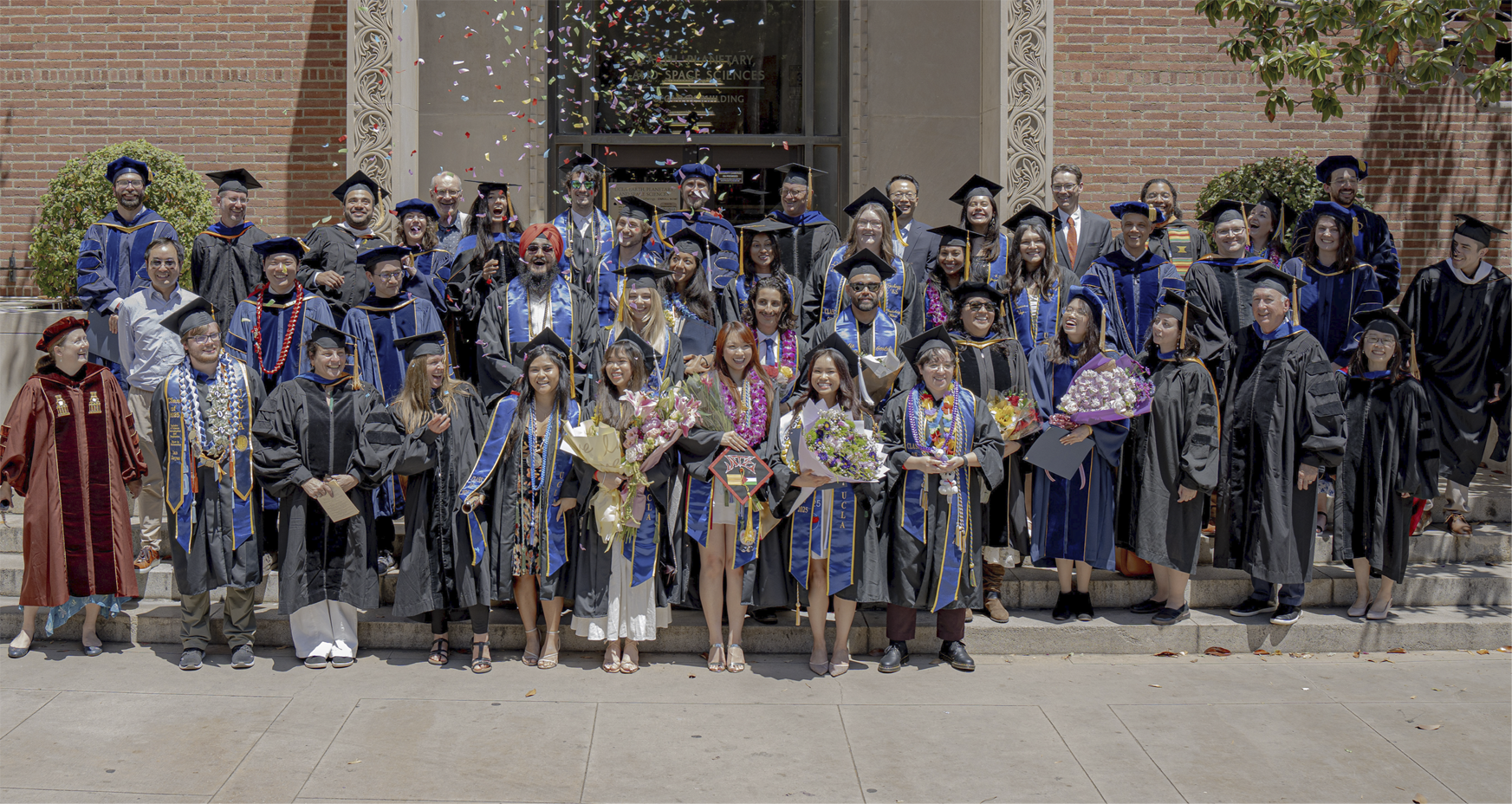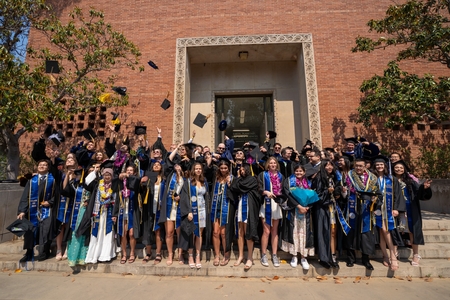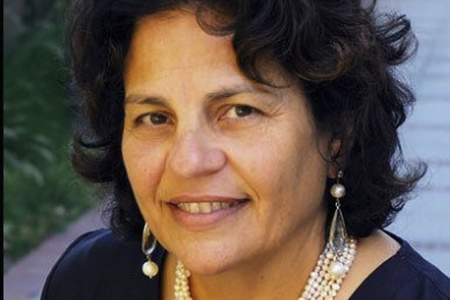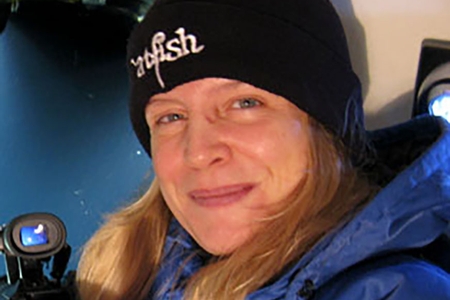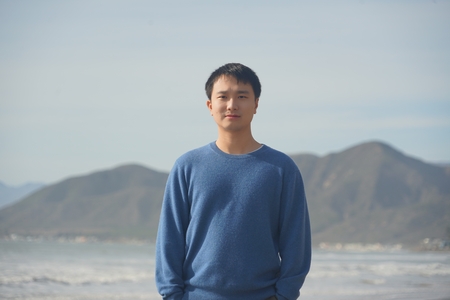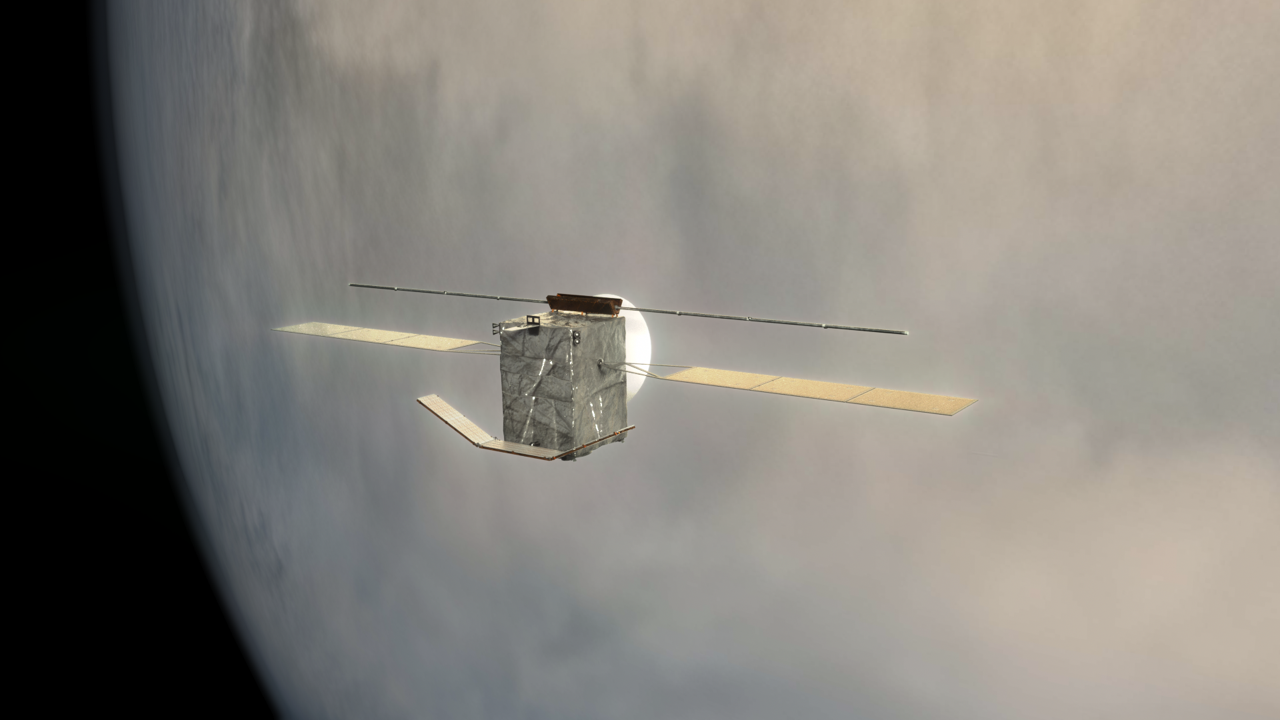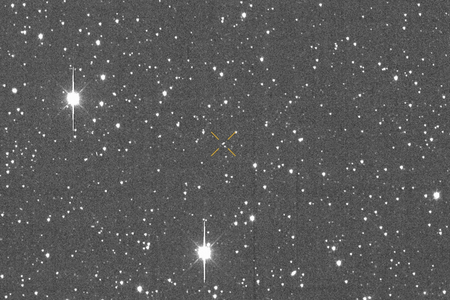Jerry Xuan, a postdoctoral fellow joining the Earth, Planetary, and Space Sciences Department, was recently awarded a 51 Pegasi b Fellow by the Heising-Simons Foundation’s Science program. One of only eight recipients, Xuan’s research focuses on the atmospheres, orbital architecture, and substellar binarity of giant planets and brown dwarf companions.
Hoping to boost promising young scientists in the early stages of their careers, the 51 Pegasi b Fellowship recipients are supported in conducting research that helps us better understand planetary systems. Since its launch in 2017, the fellowship has supported 66 fellows and grown to include 24 institutions throughout the United States. To assist these efforts for scientific advancements, the program grants up to $450,000 to cover salary and research-related costs over the course of three years.
Xuan uses high and medium-resolution spectroscopy to study atmospheric compositions, spins, and radial velocities of giant planets and brown dwarfs and has studied objects ranging from late T dwarfs to M dwarfs. He also applies optical interferometry and high-resolution spectroscopy to discover and characterize tight brown dwarf binaries around stars.
Measuring the atmospheric composition of these objects can help characterize the boundary between star-like and planet-like formations: do these objects take shape slowly by clumping together to form a core and then attract a gaseous atmosphere, or do they come together rapidly through the collapse of a gas and dust disk caused by a density imbalance? The challenge that prevents us from answering these questions is that there is no clear idea of how giant planets form. Studying extrasolar Jupiter analogs would help explain this mystery, and shed light on how giant planets accrete solids, and how they obtain heavy element enrichment (elements heavier than Hydrogen and Helium).
Dr. Xuan plans to use his fellowship to systematically study and investigate the most important parts of the light spectrum coming from Jupiter and Saturn analogs orbiting other stars. “By utilizing cutting-edge instruments such as those on board the James Webb Space Telescope, I hope to learn more about how these planets formed and delineate the boundary between star-like and planet-like formation scenarios,” said Xuan. He also plans to use the upcoming SCALES and HISPEC instruments at the W.M. Keck Observatory, which UCLA plays a major role in, to detect and characterize the atmospheres of additional extrasolar gas giants and examine whether they resemble the ones in our own solar system.
“I am extremely honored to join the 51 Pegasi b community and UCLA, and grateful for the generous support of the Heising-Simons Foundation,” said Xuan. “I am thrilled to be taking the Fellowship to UCLA, where I plan to find synergies and foster innovative collaboration between the EPSS and Astronomy departments.”
Click here to see the Heising-Simons article announcing the 8 Post-Doctoral Fellows: https://www.hsfoundation.org/news-stories/eight-post-doctoral-scientists-awarded-51-pegasi-b-fellowship/
